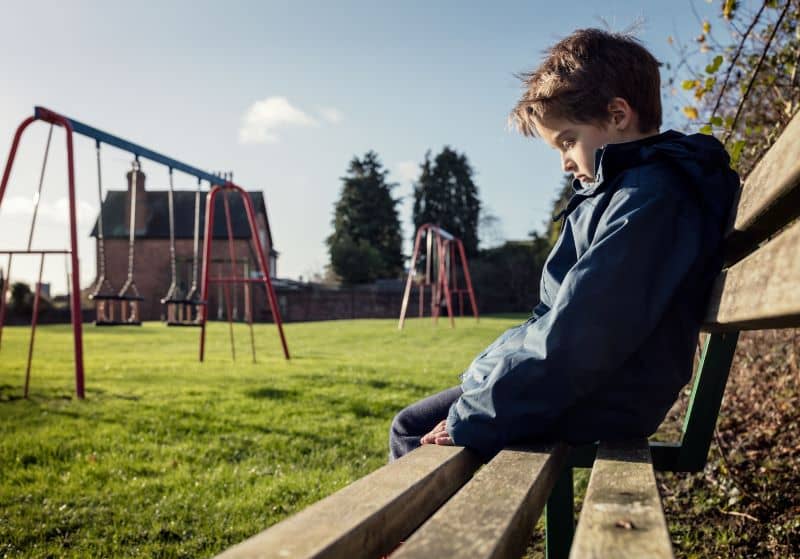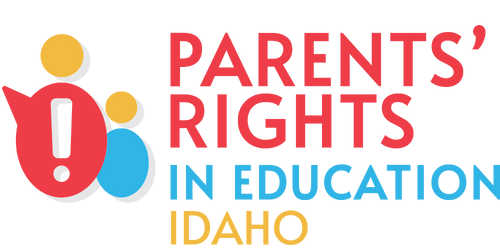News
Tragedy in Texas, and the Moral Crisis No One Wants to Talk About

📰 This Week’s Tragedy: What’s Really Going On?
Last week, Americans were stunned and heartbroken by the devastating flash floods that swept through Central Texas, claiming the lives of over 100 people—including 27 campers and counselors at Camp Mystic in Hunt, Texas. Among the victims were 8-year-old twins, Hannah and Rebecca Lawrence. Their father shared a message filled with heartbreak and grace:
“We are devastated that the bond we shared with them, and that they shared with each other, is now frozen in time.”
But in the midst of this sorrow, a different kind of storm erupted.
💔 Moral Outrage: When a Doctor Wishes Harm on Children
A now-fired pediatrician, Dr. Christina B. Propst, posted a cruel message on social media suggesting that Texans suffering from the flood “got what they voted for.” She expressed hope that only “non-MAGA voters and pets” remained safe.
Let that sink in. A pediatrician—someone sworn to care for children—used her platform to mock the deaths of children based on her political views.
Should we be shocked? Yes.
But are we really surprised?
🎯 My Take: Public Education Is Fueling Moral Confusion
We are witnessing a culture-wide collapse of moral clarity, and it’s no coincidence this shift begins in K-12 public classrooms.
Public schools increasingly promote the idea that all moral beliefs are equal and subjective. This is called moral relativism—the belief that there are no universal truths, only personal preferences. In this framework, there is no right or wrong—just “your truth” and “my truth.”
This approach doesn’t lead to tolerance. It leads to chaos.
Just like Dr. Propst, students are being trained to feel instead of reason morally. When educators teach that every opinion is equally valid, they unintentionally remove the ability to say anything is actually wrong—including celebrating tragedy for political points.
🧠 The Myth of Moral Neutrality
Faye Wattleton, former President of Planned Parenthood, once argued for “neutrality” in moral matters. But her own rhetoric betrayed her bias. She demanded respect for all views—except those who disagreed with her.
This is the self-destructing logic of moral relativism. It claims to be tolerant, but is vicious toward dissent.
In her words:
“Fundamental respect for others is morality of the highest order.”
But she defines morality on her terms, then demands the force of law to impose it. That’s not neutrality. That’s just a different set of absolutes—and it’s being passed down through school curriculum.
🔥 Reaping What We’ve Sown
Back in 1992, families—not gangs—looted the streets of Los Angeles. Parents with their children tore through stores, laughing as they filled shopping carts with stolen goods. It wasn’t just criminal—it was learned behavior.
These families acted out what they'd been taught:
➡️ Truth is personal
➡️ Morality is optional
➡️ Judgment is offensive
As C.S. Lewis warned:
“We laugh at honor and are shocked to find traitors in our midst.”
⚠️ Action Steps for Parents
- Review Your School’s Curriculum Find out how your child is being taught moral decision-making. Are they learning right from wrong—or just how to “tolerate” everything?
- Speak at Your Next School Board Meeting Ask for transparency in social-emotional learning (SEL) and ethics lessons. Demand moral clarity, not relativism.
- Advocate for Character-Based Education Call for a return to teaching virtues like courage, honesty, compassion, and accountability—not just “values clarification” exercises.

